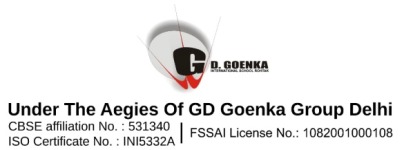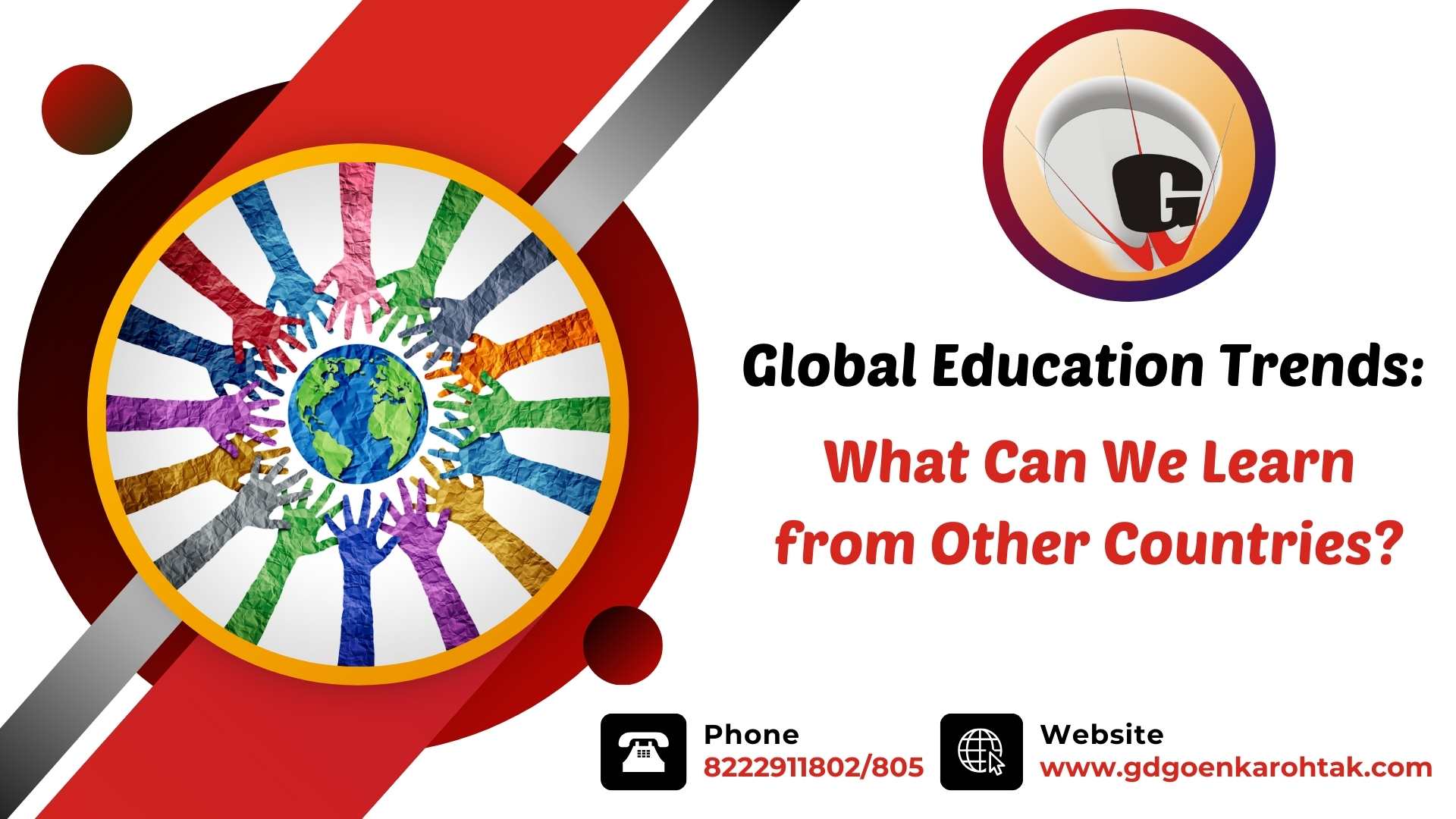In today’s interconnected world, education systems across the globe are facing similar challenges and striving to provide quality education for all. In the pursuit of improving education systems, it is essential to look beyond borders and learn from other countries’ experiences. By examining global education trends, we can gain valuable insights into successful practices that can be adapted and implemented in our own educational frameworks. This blog explores some key lessons that can be learned from other countries’ approaches to education.
Emphasizing Early Childhood Education:
Many countries recognize the importance of early childhood education in laying a strong foundation for lifelong learning. By investing in high-quality preschool programs, countries like Finland and Sweden have achieved significant improvements in educational outcomes. It not only enhances children’s cognitive development but also promotes social skills, emotional well-being, and creativity.
Fostering a Holistic Approach:
Countries such as Singapore, New Zealand and South Korea focus academic achievements but also on personal development and well-being indicators such as creativity, critical thinking, problem-solving skills, and resilience-building activities. Prioritizing holistic development through arts, sports, character-building activities, and values-based education has proven beneficial as it encourages students’ overall growth beyond academics.
Focus on Teacher Training and Professional Development:
Singapore is renowned for its comprehensive teacher training programs and ongoing professional development initiatives. By providing teachers with continuous opportunities to enhance their skills and knowledge, they are better equipped to deliver high-quality instruction. This emphasizes the significance of investing in robust teacher training systems globally.
Integration of Technology in Education:
Countries such as South Korea and Estonia have embraced technology as an integral part of their educational systems. From digital learning platforms to interactive resources, technology has revolutionized teaching methodologies and enhanced student engagement. The integration of technology underscores the need for innovative approaches that harness its potential benefits.
Collaboration between Industry and Academia:
Germany’s vocational education system serves as an inspiring model by establishing strong partnerships between industry sectors and educational institutions at various levels. Through apprenticeship programs, students gain practical experience while acquiring relevant skills aligned with industry demands—a testament to the importance of collaboration between academia and industry in preparing students for the workforce.
Conclusion:
By examining global education trends, we find invaluable lessons that can inspire and inform educational practices worldwide. Prioritizing early childhood education, investing in teacher training, integrating technology, adopting holistic assessment models, and fostering collaboration between industry and academia are just some of the approaches we can learn from other countries and implement in the Best Boarding School in Haryana like GD Goenka International School, Rohtak. As we strive to improve our education systems, let us draw upon these international experiences to shape a brighter future for learners around the world.


